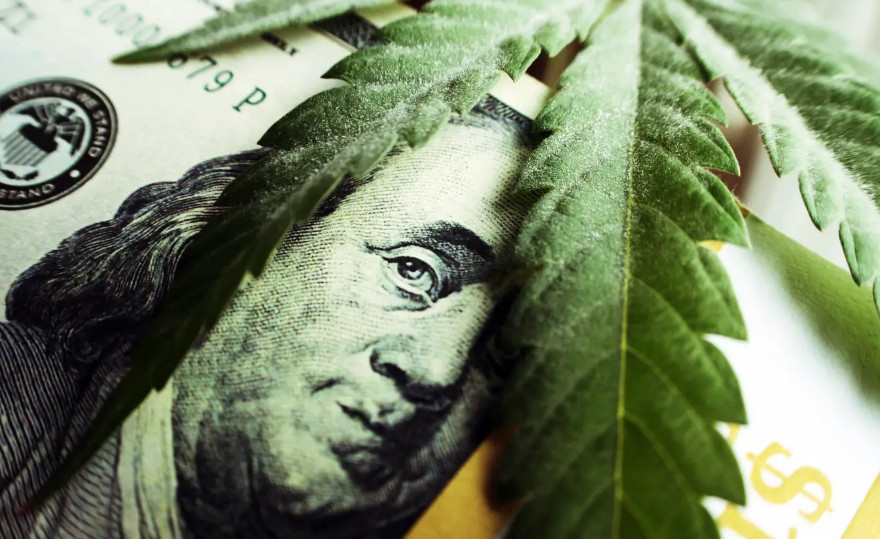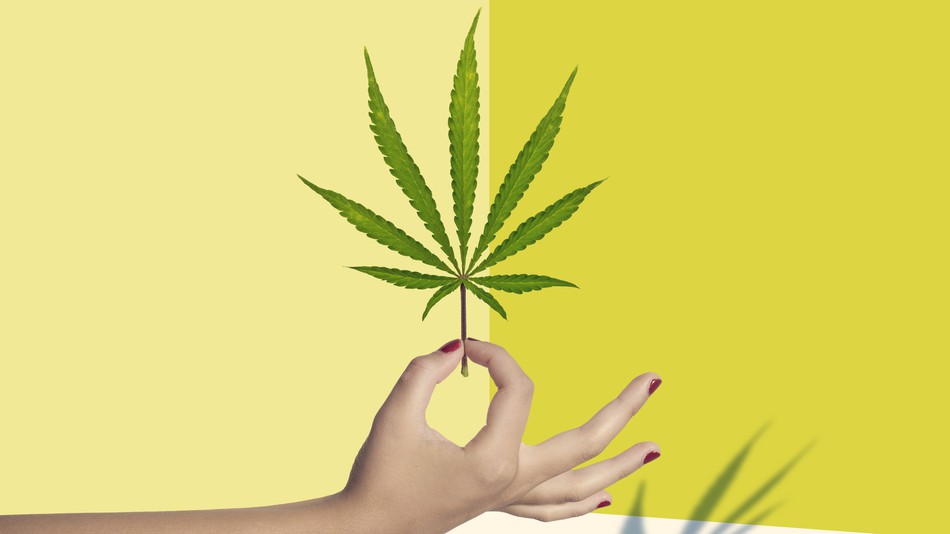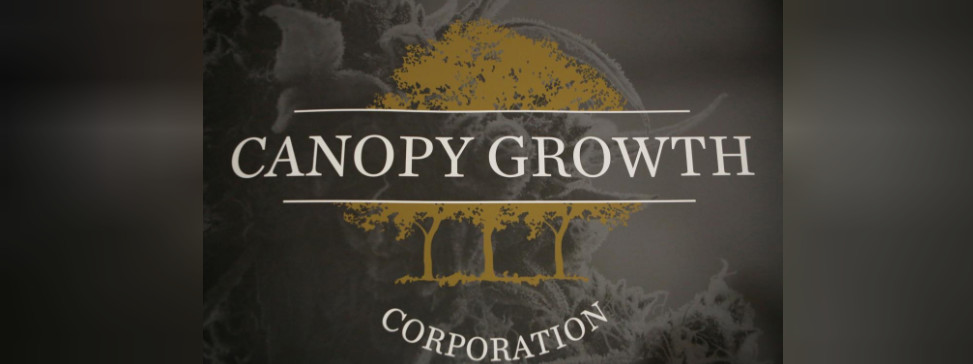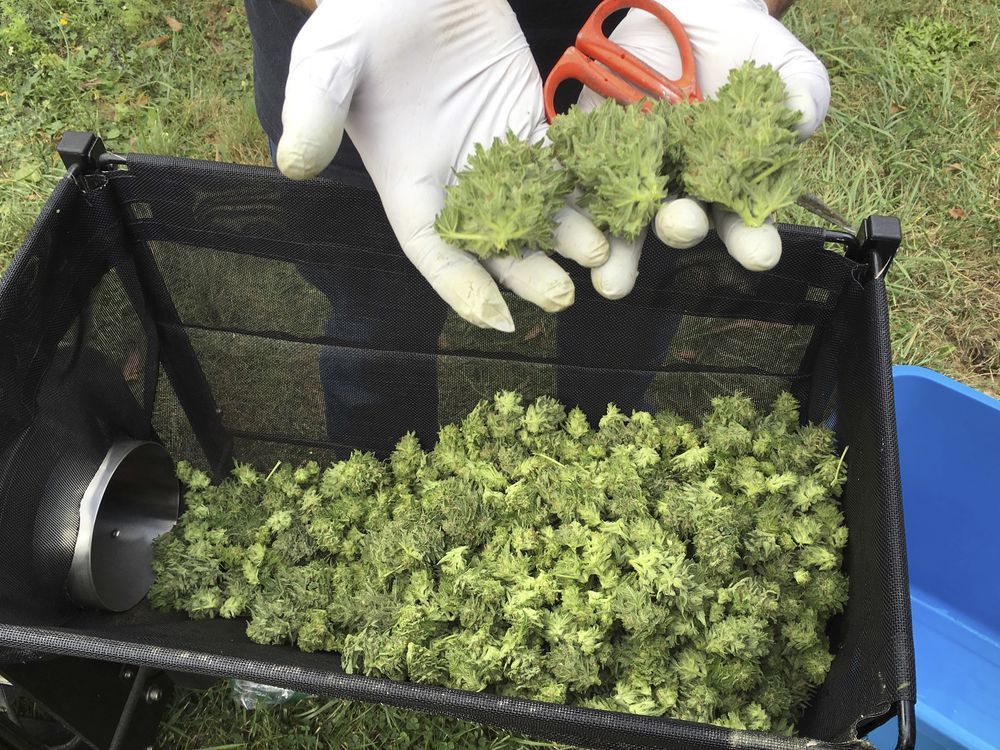Please use the sharing tools found via the email icon at the top of articles. Copying articles to share with others is a breach of FT.com T&Cs and Copyright Policy. Email licensing@ft.com to buy additional rights. Subscribers may share up to 10 or 20 articles per month using the gift article service. More information can be found here.
https://www.ft.com/content/ea78111e-576d-11e8-bdb7-f6677d2e1ce8
Canada’s soon to be legalised marijuana industry has seen the largest takeover in its young history with a $2.5bn deal that signifies accelerating consolidation as companies race to assert dominance. Aurora Cannabis’s takeover on Monday of MedReleaf, two rival medical marijuana groups, comes five months after the Canadian group bought CanniMed Therapeutics and weeks after it invested in the public listing of The Green Organic Dutchman. The deal gives Aurora a larger production footprint at a time when more governments around the globe are legalising recreational pot use. Terry Booth, the chief executive of the company, said the takeover “strengthens our capacity to service the rapidly expanding global medical cannabis markets”. Cannabis has been legalised in 21 countries for medical use, including Australia, Colombia and Germany, while a number of national governments are debating whether to legalise or decriminalise recreational use. Medical cannabis has been legal in Canada since 2013 and the legalisation of recreational marijuana is due in July. In the US, medicinal marijuana has been legalised in more than half the country, as states and local governments look to pot as a way to bolster tax receipts. Nearly two-thirds of Americans now support its legalisation, according to Gallup, although it is still illegal under US federal law. Roy Bingham, chief executive of BDS Analytics, a cannabis research company, said Canada’s opening to recreational use was a factor in the deal between Aurora and MedReleaf. “There is a mentality right now that if it’s not winner takes all, it’s going to be an oligopoly in Canada. There are going to be a handful of major players at the very most.” Highly regulated markets such as Canada tend to favour a few large participants, he added. Canada’s impending federal legalisation will also enable its producers to export marijuana to countries where it is legal, Mr Bingham said. Consolidation in the pot industry has been quickening, with dealmaking so far in 2018 already more than double last year’s entire volume. Takeovers worth nearly $4bn have been agreed so far this year, according to Dealogic. The all-stock deal valued shares of MedReleaf at C$29.44, an 18 per cent premium to the company’s closing stock price on Friday. Aurora will own 61 per cent of the combined company, with shareholders of MedReleaf holding the remaining stake. Aurora, which said the deal would give it production capacity of 570,000 kilogrammes of marijuana a year, has been on a buying frenzy ahead of the legalisation of recreational marijuana. Shares of Aurora have more than tripled over the past year in anticipation of the legalisation of recreational pot in Canada, which has allowed it to use its stock as a currency to carry out big ticket deals. Canada’s pot market is expected to be worth C$6.5bn by 2020, according to estimates by CIBC, one of the country’s largest banks, as it predicts that Canadians will buy 800,000kg of marijuana. Loblaw, a large Canadian supermarket chain, will be among the government approved retailers allowed to sell recreational marijuana, as mainstream companies that would have once shunned the weed industry are now keen to ride the pot market high. In comparison, the Canadian alcohol market is worth about C$5bn, a factor behind the recent acquisition by Constellation Brands, the brewer behind Corona and Modelo, of a 9.9 per cent stake in Canopy Growth, which has a market value of C$6bn. Canopy, which was the first to list in Canada, said on Monday that it would float on the New York Stock Exchange. Other big players in the Canadian pot market include Aphria, which has a market value of C$2.4bn, and Cronos Group, which has a market capitalisation of C$1.4bn. Sales at Aurora have surged over the past year. In the company’s last fiscal year, which ran to the end of June 2017, revenues rose more than 12-fold from a year earlier to C$18m. During the first three months of this year, sales reached C$16m, up 38 per cent from a quarter earlier. Aurora shares climbed less than 1 per cent to C$8.12 after it announced the deal, giving the company a market value of $3.5bn.
Credit: ft.com













